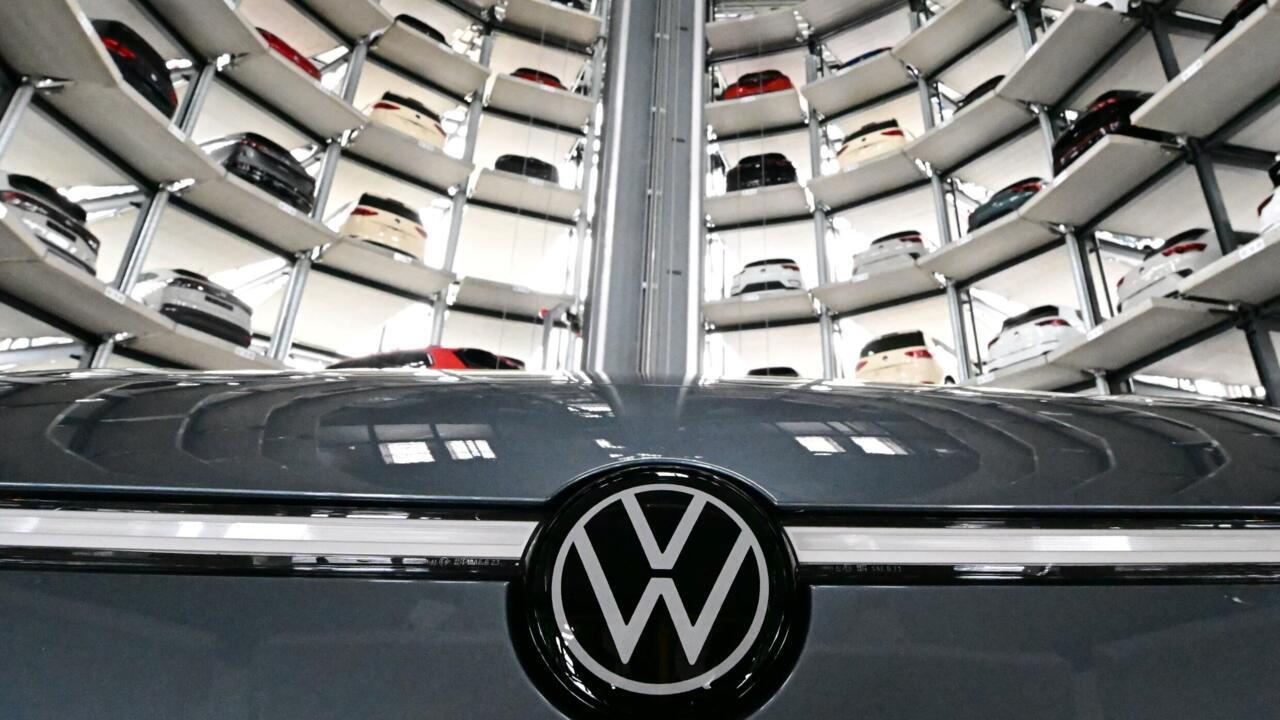Factory Workers
Workers at Volkswagen factories in Germany are preparing to go on strike starting Monday, following a dispute over the company’s plans to cut thousands of jobs.
The strike, organized by the union IG Metall, is expected to become one of the toughest collective bargaining battles Volkswagen has ever faced.
The move comes after months of tense negotiations between the company and the union over plans to restructure Volkswagen’s operations in Germany.
Volkswagen, one of the world’s largest carmakers, employs around 120,000 workers across its German factories. However, the company has been struggling with a number of financial challenges.
These include high manufacturing costs, slower-than-expected progress in transitioning to electric vehicles, and heightened competition in the Chinese market.
In September, the company revealed that it was considering closing several factories in Germany as part of an effort to reduce costs and improve financial stability.
In response to Volkswagen’s proposed job cuts, IG Metall and the company’s works councils put forward a series of measures to save €1.5 billion ($1.6 billion) in labor costs without resorting to plant closures.
These proposals included options such as forgoing bonuses by both management and staff, as well as reducing working hours at some factories. In return, the union sought to drop its demands for pay raises for workers.
However, Volkswagen rejected these suggestions, arguing that while they might provide short-term relief, they would not address the long-term financial challenges facing the company.
Volkswagen described the union’s proposals as “extremely regrettable,” and accused IG Metall of disregarding constructive ideas put forward by employee representatives.
The company’s leadership emphasized that without substantial changes, it would be unable to ensure the long-term viability of its operations.
As negotiations between the two sides remain deadlocked, the strike is poised to escalate into a significant industrial action with far-reaching consequences for Volkswagen’s workforce and its operations in Germany.
I am a dynamic professional, specializing in Peace and Conflict Studies, Conflict Management and Resolution, and International Relations. My expertise is particularly focused on South Asian Conflicts and the intricacies of the Indian Ocean and Asia Pacific Politics. With my skills as a Content Writer, I serve as a bridge between academia and the public, translating complex global issues into accessible narratives. My passion for fostering understanding and cooperation on the national and international stage drives me to make meaningful contributions to peace and global discourse.










